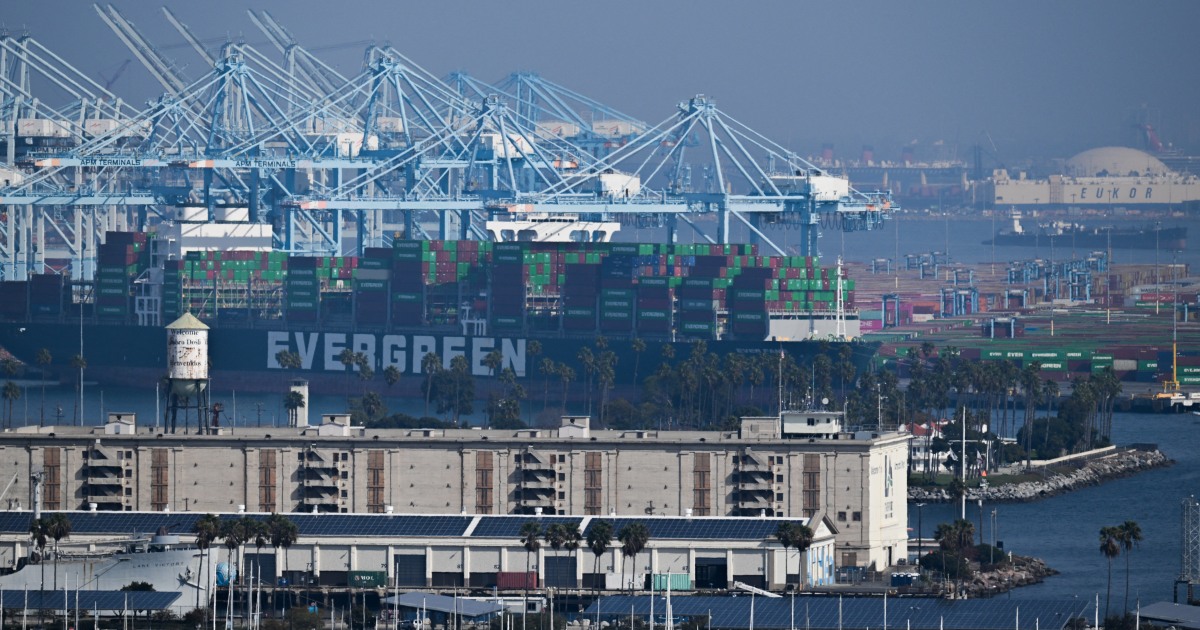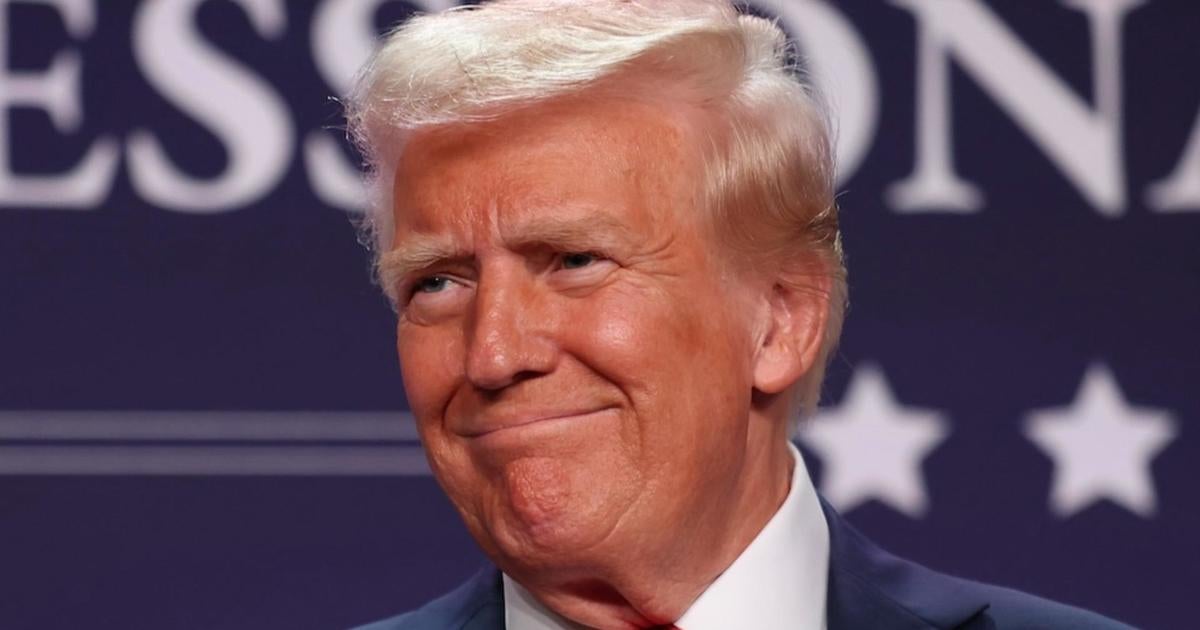China Strikes Back: Understanding the New Tariffs on U.S. Goods
In an escalating battle of economic interests, China has officially responded to the United States imposing a 10% tariff on its goods by announcing its own set of levies on American products. This retaliatory move not only amplifies the ongoing trade conflict but also raises profound questions about the future of international commerce and the overall stability of the global economy. As we unpack the implications of these new tariffs, it becomes clear that the ramifications will be felt far beyond the immediate borders of both nations.
The Context of the Tariff Clash
The backdrop of this trade war can be traced back to concerns regarding trade deficits, intellectual property theft, and unfair trade practices. The U.S. administration has been vocal about its dissatisfaction with China’s trade policies, leading to a series of tariffs aimed at reducing the trade imbalance. The imposition of a 10% tariff was seen as a strategic move to pressure China into adhering to what the U.S. perceives as fairer trade practices. However, China’s response reveals a more complex landscape, where both nations are entrenched in a tit-for-tat strategy that threatens to spiral further.
Implications of China’s New Tariffs
China’s decision to impose tariffs on U.S. goods can have several significant implications:
- Economic Impact: The immediate effect of these tariffs will likely be an increase in prices for American products in China, impacting U.S. exporters. Industries such as agriculture, automotive, and technology could see a decrease in demand as consumers pivot towards domestic or alternative foreign products.
- Global Supply Chains: Many businesses operate within a global supply chain framework. As tariffs increase, companies may need to reevaluate their sourcing strategies, potentially leading to shifts in manufacturing locations that could favor countries less affected by tariffs.
- Investor Sentiment: The ongoing trade tensions may dampen investor confidence, leading to increased volatility in the stock market. Investors typically prefer stability, and uncertainty can trigger a flight to safer assets.
Who Will Bear the Brunt of the Costs?
One of the most contentious issues surrounding tariffs is who ultimately bears the financial burden. While it is often assumed that tariffs are paid by foreign exporters, the reality is that the costs are frequently passed down to consumers. In this scenario:
- Higher Prices for Consumers: American consumers could face increased prices for goods that are now subject to tariffs. This phenomenon could lead to inflationary pressures in the economy, complicating monetary policy for the Federal Reserve.
- Pressure on American Producers: U.S. manufacturers who rely on Chinese goods for components may see their production costs rise, forcing them to either absorb these costs or pass them on to consumers.
Potential Repercussions on Global Trade Relations
This tit-for-tat tariff war could have lasting repercussions on international trade relations. As nations observe the clash between the U.S. and China, they might reevaluate their own trade policies. Several potential outcomes could emerge from this situation:
- Formation of New Trade Alliances: Countries may seek to form new alliances and trade agreements that bypass both the U.S. and China, fostering a shift towards regional trades, such as those seen in the Asia-Pacific region.
- Increased Protectionism: The trade war might embolden other nations to adopt protectionist measures, leading to a slowdown in global trade growth and increased economic nationalism.
- Impact on Multilateral Organizations: Institutions like the World Trade Organization (WTO) may face challenges in mediating disputes as member countries become more inclined to impose unilateral tariffs.
China’s Economic Strategy Moving Forward
China’s response to the tariff situation is not merely one of retaliation; it reflects a broader strategic approach to its economic development. The Chinese government has been focusing on:
- Self-Reliance: By investing in domestic industries and technologies, China aims to reduce its dependence on U.S. imports, particularly in sectors like semiconductors and renewable energy.
- Innovation and Technology: As part of its long-term economic strategy, China is emphasizing innovation, aiming to transition from a manufacturing-driven economy to one driven by high-tech industries.
Looking Ahead: A Call for Constructive Dialogue
While the trade conflict presents significant challenges, there is also an opportunity for constructive dialogue. The complexities of global trade require nuanced discussions rather than unilateral actions. Here are some pathways forward:
- Negotiation and Compromise: Both nations should prioritize negotiation to find common ground, focusing on mutual benefits rather than punitive measures.
- Engagement with Multilateral Institutions: By engaging with organizations like the WTO, the U.S. and China can work towards establishing rules-based trade practices that benefit all parties involved.
- Addressing Core Issues: It’s essential to address core issues such as intellectual property rights and trade imbalances through dialogue and collaboration rather than tariffs.
Conclusion
The new tariffs imposed by China in response to U.S. measures mark a critical juncture in international trade relations. As both nations grapple with the consequences of their economic strategies, the potential for further escalation looms large. However, amidst the uncertainty lies an opportunity for both sides to engage in meaningful dialogue aimed at fostering cooperation rather than conflict. For the sake of global economic stability, it is imperative that the U.S. and China work towards a more collaborative trade environment, paving the way for a sustainable and prosperous future.
See more CCTV News Daily



